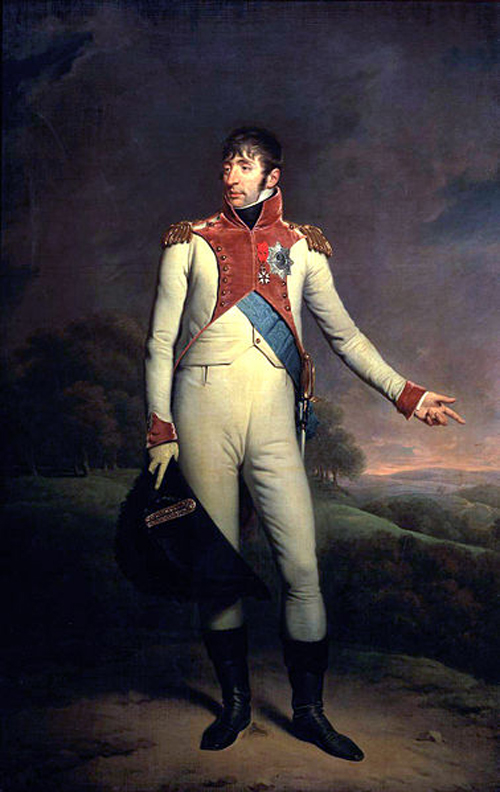Napoleon III and the French Second Empire
Article

The French Second Empire has been variously described as a precursor of Twentieth Century Fascism and a prime example of a modernising regime. Roger Price continues recents efforts to achieve a more balanced assessment by setting the regime within its particular social and political context. The origins of the Second Empire have to be searched for in the ruins of the First. As a result of his family background and upbringing, Louis-Napoléon Bonaparte possessed an intense sense of personal destiny. As heir to the glories of the First Empire he saw himself as the incarnation of patriotic unity. His mission was to eliminate the political divisions created by the French Revolution. He combined a conservative belief in the need for strong, centralised government as the means of safeguarding social order with a commitment to the principles of 1789, to legal equality and to popular sovereignty Through periodic plebiscites the people would be called upon to delegate power to the Emperor and to legitimise his authority. Internal and external policies would be closely related: rejection of the 1815 Peace of Vienna was to be the essential means of reinforcing both the legitimacy of a restored empire and the glory of France.
This resource is FREE for Historian HA Members.
Non HA Members can get instant access for £2.75

